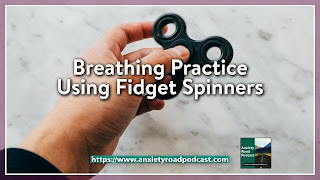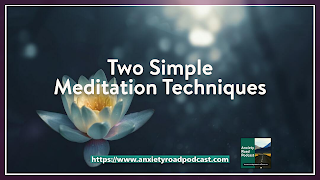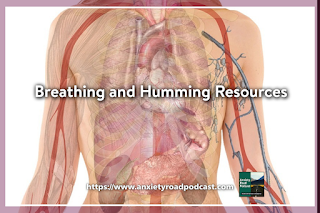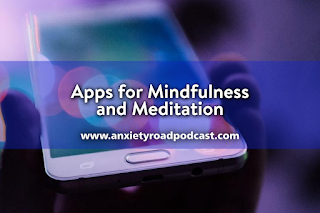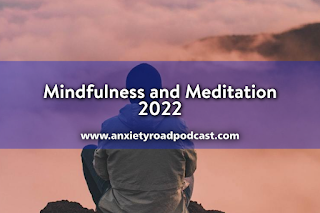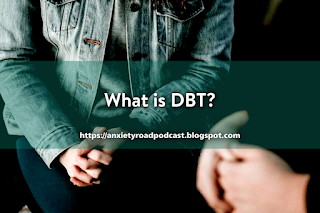When I'm looking for viable resources, I can tell when I find a traditional approach to treatment.
Listed are two options listed, medication and therapy. Sometime they will mention others as a lifestyle choice. That is slowly changing. I am seeing more traditional sites including mindfulness and meditation.
There is increasing medical documentation that mindfulness and meditation work.
Medical scientists are still trying to quantify how it works. But they aren't kicking up a fuss about it anymore.
Another force for change is the entrepreneurial health app providers. They offer meditation as a treatment option, for users and for large corporations.
Many are targeting corporations. The pitch is "we can provide meditation as a services and it won't cost you (corporations) as much as dealing with traditional providers."
And in-between the entrepreneurs and traditionally medicine is you, me and the rest of the gang.
Truth is, there are people that will be thrilled with an app that actual helps them. They are practicing and benefiting from meditation via an app.
There are other people that need an in-person experience. Some will get that through a faith based provider. Other people will seek out secular choices from non-profits, university offerings and commercial or virtual retreats.
No matter which way you choice to go; know what you are getting into and see if the app or training course meets your expectations.
As I mention in the episode, there is no consensus about what those two words mean across disciplines, faith
systems and from the medical and behavioral health professionals.
Some people use
mindfulness for meditation or meditation for mindfulness.
I had to cobble out a definition that works for me but I do mention the other definitions in the show.
One definition of mindfulness is that it is a practice of paying full attention, being aware of what you are doing and grounding yourself in the moment.
The website Very Well Minds definition of
meditation:
"can be defined as a set of techniques that are intended to encourage a heightened state of awareness and focused attention. Meditation is also a consciousness-changing technique shown to have many benefits on psychological well-being"
In this episode, a look at mindfulness and meditation in 2022.
If you need support contact the National Suicide Prevention Lifeline at 988 or 1-800-273-8255, the Trevor Project at 1-866-488-7386 or text “START” to 741-741.
Resources Mentioned:
App and Audio Resources:
Text Resources:
The National Center for Integrative and Complementary Health page on Meditation and Mindfulness,
What you need to know.
Disclaimer:
Links to other sites are provided for information purposes only and do not constitute endorsements.
Always seek the advice of a qualified health provider with questions you may have regarding a medical or mental health disorder.
This blog and podcast is intended for informational and educational purposes only. Nothing in this program is intended to be a substitute for professional psychological, psychiatric or medical advice, diagnosis, or treatment.


